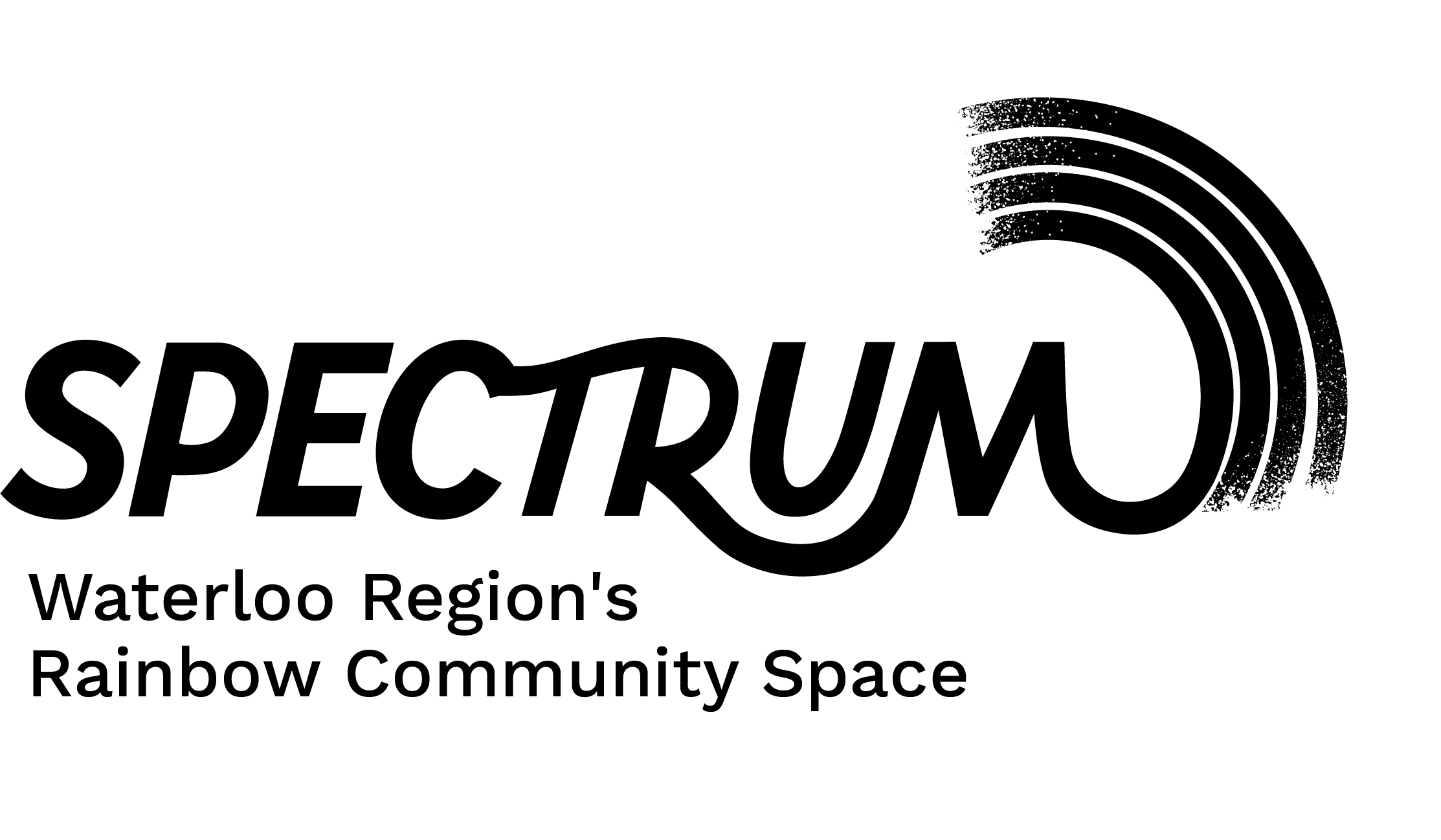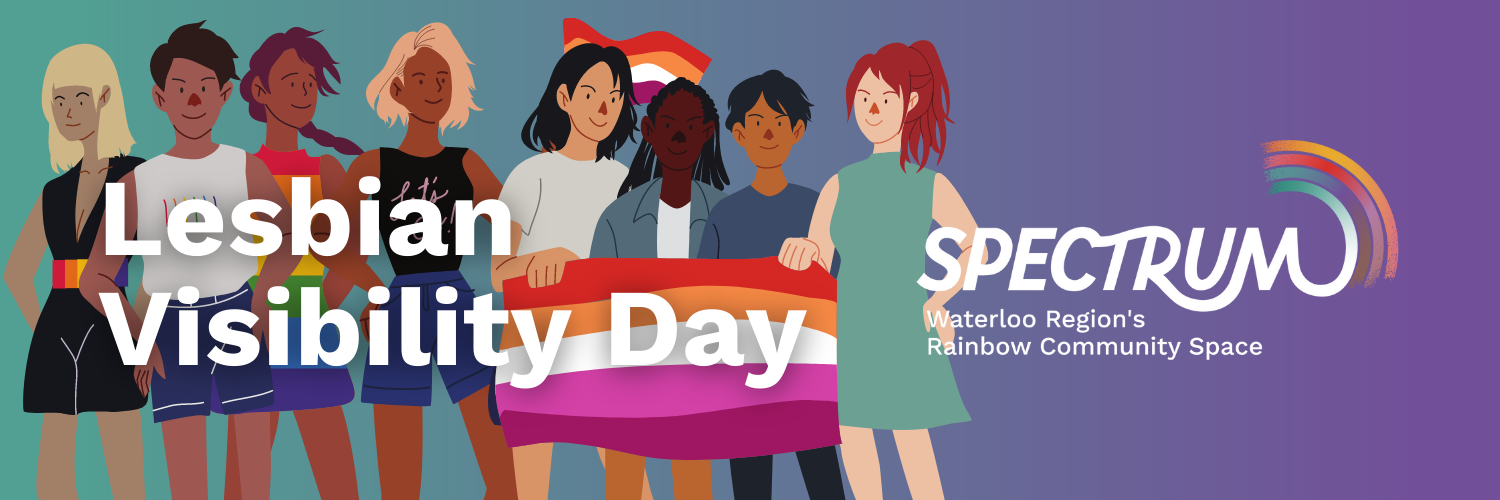When I worked in renovations (I know, I know, a lesbian in Carhartt) there was a bar where trades people met after work. We would discuss the day’s problems over a cold pint, rant about customers, and make connections within the industry. It helped relieve the stress of a hard day, and garnered a sense of comradery. As a 40-year-old, single, non-binary lesbian, meeting other queers in the tri-city area has proved to be a kind of queer quest of the Holy Grail: awkward, elusive, and futile. I feel a similar need for a space to exist with like-minded folks – a gay bar to call our own.
I’m imagining a place where we can freely discuss the topics affecting the LGBTQQIP2SAA community without always having to tip-toe or explain, which can happen in mainly straight spaces. A spot where queer haircuts are the norm and suspenders glisten, where everybody knows your pronouns (or politely ask if they don’t), and Sam the pansexual bartender is a retired women’s softball pitcher who flirts with genders across the spectrum. No womanizing here, folks! Sober peeps welcome! (Sam can make a great mocktail).
Of course, the queer world isn’t always a perfect utopia, and violence, misogyny, trans-hate, and bad drunks can be found under the rainbow, too – but, having spaces to connect with other queers can provide a safety net and help alleviate the stress that individuals experience. The baby gays, late-to-lesbians, and “queeretirees” (yes, I just coined that) need somewhere to have that first date, or the one they’ve been waiting for their whole lives.
I remember going to my first lesbian dance party in Toronto years ago, and dancing with a girl for the first time. She kissed me as I twirled her around the crowded bar, and we were safe to be ourselves. While I crave that kind of experience again, I also just want a place to grab a bite with friends, or somewhere to play trivia at. A place for the local drag queens and kings to showcase their talent, for the next generation of Tegan and Sara’s to play, or for local showings of Drag Race instead of having to drive to Toronto to find some semblance of queer fun and community.
And while I’d be happy with a gay bar in Kitchener, there’s an even greater need for lesbian bars at the moment. They tend to be more inclusive, especially for trans and non-binary folx, whereas “gay bars” cater mainly to cisgender gay men, and can be intimidating to other queer sexualities and identities. There are currently no lesbian bars in Canada, and only 21 in the States compared to around 200 in the 80s. This is not a COVID-19 problem. Head over to the big smoke and you can find Crews and Tangos, Woody’s, and a number of other male-centric establishments. The nearest lesbian bar is the Cubbyhole in New York City. I don’t want to have to dig out my passport every time I want to hang out with my people.
This guest post was written by Emily Gleeson.


